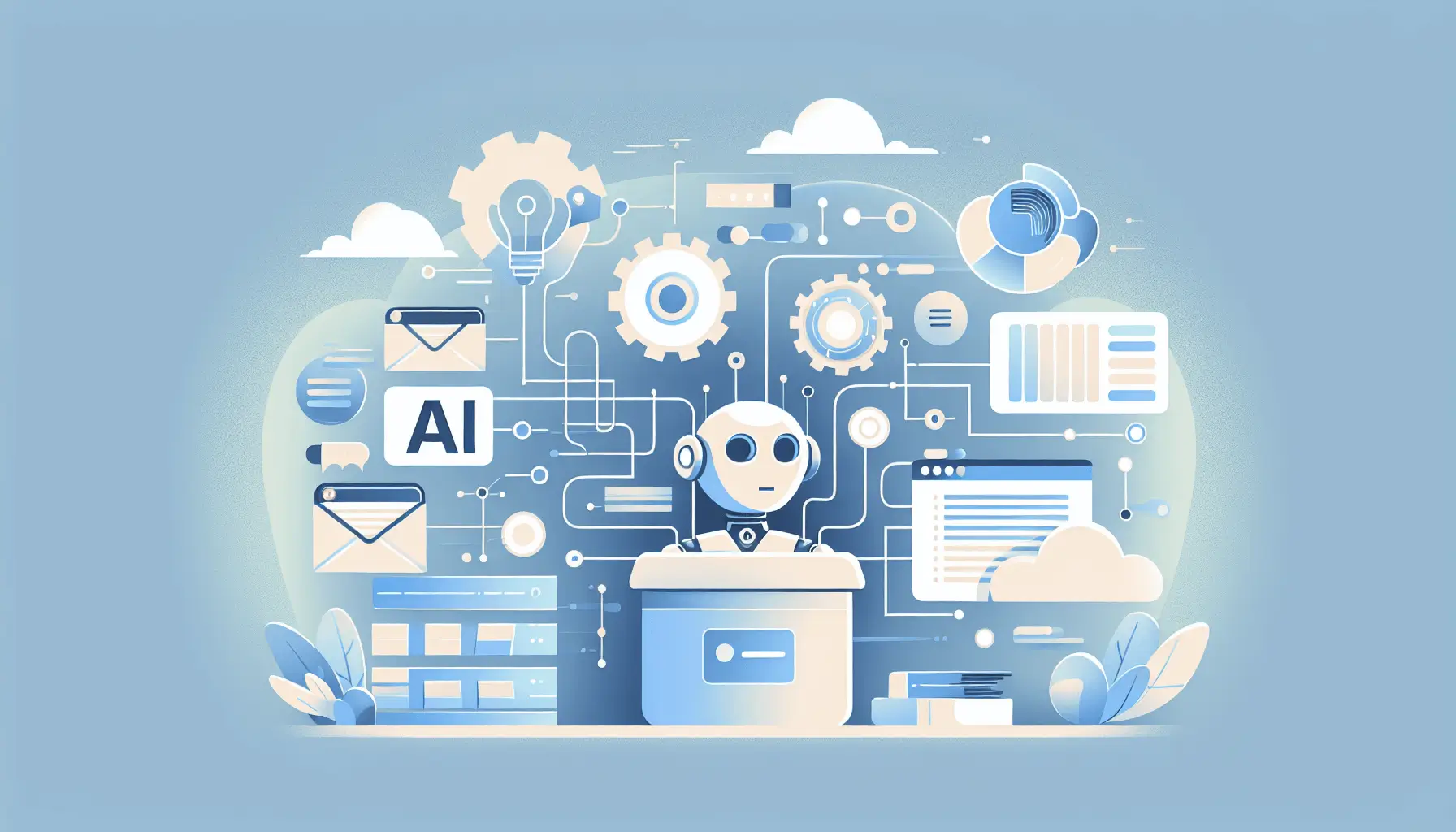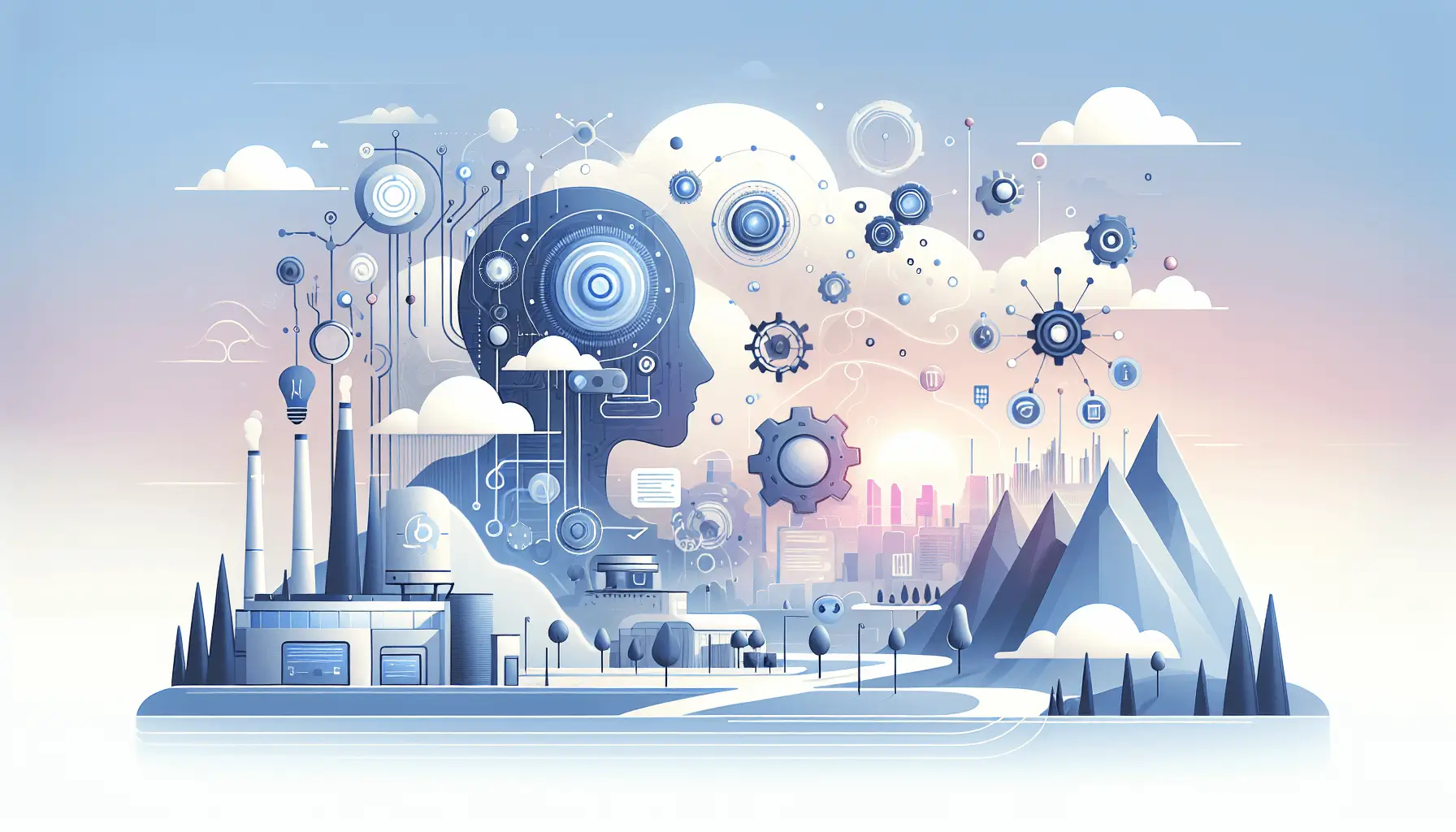IT Unemployment Rises to 5.7 Percent as AI Cuts Jobs
Lately, I’ve been seeing more headlines about rising IT unemployment, and it’s hard to ignore the numbers. According to recent reports, the IT jobless rate has climbed to 5.7%, a significant jump in an industry that once felt untouchable. The culprit? Artificial intelligence. While AI has brought revolutionary changes, it’s also displacing jobs at an alarming rate.
AI’s Impact on IT Jobs
The rise of AI has led to both job creation and job destruction. Many companies now rely on automation to handle tasks that once required human developers, testers, and analysts. AI-driven tools are streamlining workflows, reducing costs, and making businesses more efficient—but that efficiency often comes at the expense of human workers.
Which Roles Are Most Affected?
Some IT roles are feeling the impact more than others. Here are a few areas where AI is making the biggest dent:
- Quality Assurance Testing – Automated testing tools are replacing manual testers, reducing the need for large QA teams.
- Technical Support – AI-powered chatbots and self-service solutions are handling an increasing number of customer support queries.
- Junior Development Roles – Code-generating AI like GitHub Copilot minimizes the need for junior developers to write boilerplate code.
- Data Entry and Processing – AI-driven automation tools can process and analyze vast amounts of data, reducing the need for manual entry jobs.
Should We Be Worried?
It’s easy to panic about rising unemployment, but history has shown that technological disruptions often lead to new opportunities. While some jobs are disappearing, others are emerging. AI needs skilled professionals to build, maintain, and fine-tune its capabilities.
How Developers Can Stay Relevant
So, what can we do to stay ahead of the AI wave? Here are a few strategies:
- Learn AI and Machine Learning – Understanding how AI works can open doors to new career paths.
- Focus on Problem-Solving – Automation struggles with creative problem-solving, a skill that remains highly valued.
- Embrace DevOps and Cloud Computing – These fields continue to grow and require skilled engineers.
- Stay Agile – Keep learning and adapting to new technologies as they emerge.
The Future of IT Jobs
Despite the current upheaval, the IT industry isn’t going anywhere. AI is transforming the landscape, but as with past disruptions, there’s room for adaptation. The key is to evolve with the changes rather than resist them. Instead of fearing AI, we should learn how to work alongside it, leveraging its strengths while honing the unique skills that make us irreplaceable.
What are your thoughts on this shift? Are you worried or embracing the change? Let me know in the comments!








